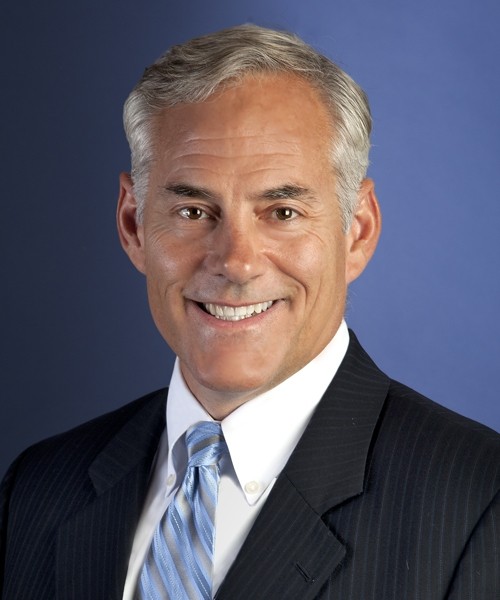Perhaps the most important job of the Shelby County Commission is setting the property tax rate. The first vote of three required readings will have taken place this week. The third and final one will occur on July 8th.

Steve Basar
I am fairly certain there are sufficient votes among my peers to increase the tax rate, but is that the right decision? We all want to support funding for the schools, and we need to ensure that public safety is not put at risk. At the same time, we need to find ways to reduce the tax burden and make Shelby County more competitive. This leaves me with the most important decision of my short political career: Should I vote to increase taxes?
I am reluctant to vote for a tax increase. While I can easily make a case to increase taxes, I also believe we have a duty to reduce spending. We need to find a balanced approach of spending reductions combined with any tax-rate increase.
The current tax rate is $4.02, and Mayor Luttrell has proposed a rate of $4.38. To put that in perspective, on a $100,000 property, the additional tax would be $90 per year. While that doesn’t sound like a lot, the total tax would increase from $1,005 to $1,095 — and that is just the county portion of the tax bill. If you live in Memphis, you will also pay a city tax of at least $3.11, or $777.51 on a $100,000 property. We have high property taxes relative to other cities in Tennessee and surrounding communities. We cannot blindly increase taxes and expect to remain economically competitive.
We should have built a base expectation that each department and local official would present a budget asking for 2 to 5 percent less than last year. Instead, we gave everyone a “hall pass” if they were not asking for additional funding. I think this sent the wrong message. We need to start managing expectations for the next budget cycle now.
I have been fortunate to work for great companies my entire business career. One thing every manager dreads is trimming the budget and finding ways to do more with less. In my brief tenure on the county commission, it appears that the majority of my peers prefer raising taxes over reducing spending. In my opinion, it isn’t enough to just raise taxes. The more rational approach would be to work both sides of the equation.
We have multiple budget deficits. The county revenues are currently less than projected expenses, and the Unified Schools board has approved a budget that would require the county to increase funding by $30 million. I am very pleased that the school board put together a budget that is $75 million lower than the combined budgets of the MCS and SCS last year, but part of that decrease would have happened regardless of the merger. Overall, I support keeping teachers in the classrooms and minimizing change during this first year of a combined system, especially since this may end up being a one-year experiment. If a $30 million increase will keep more teachers in the classrooms and minimize disruptions, it will be money well spent.
The proposed tax rate of $4.38 could be increased an additional 4 cents with a simple majority vote of the county commission. This rate would yield an additional $6.4 million that could close most of the $10 million gap between the mayor’s proposed budget and the Unified Schools system’s requested funding. On a $100,000 house, that would amount to $10 per year.
As stated earlier, I am no fan of increasing taxes. The incremental $64 million generated by a 40 cents increase would allow the county government to avoid making painful cuts this budget cycle while also minimizing cuts in the school classrooms. If the city of Memphis were to fulfill its $57 million obligation to the schools, we could avoid a tax increase this year. If the municipalities were to share a portion of their sales tax revenues (which were approved to fund education), we could reduce the tax rate. I think it is important that everyone in the county realize the city of Memphis owes the new Unified Schools system $57 million, and the city’s failure to pay is what is driving a majority of the proposed tax increase.
The county budget is lean, but we need to streamline and improve efficiencies so we can avoid raising tax rates in the future. We cannot sit by while the cost base increases and revenues decline. Less talking and more doing — that is the challenge for the county commission, the city council, and our school board.
Steve Basar is a Shelby County commissioner and chairman of the economic development committee.